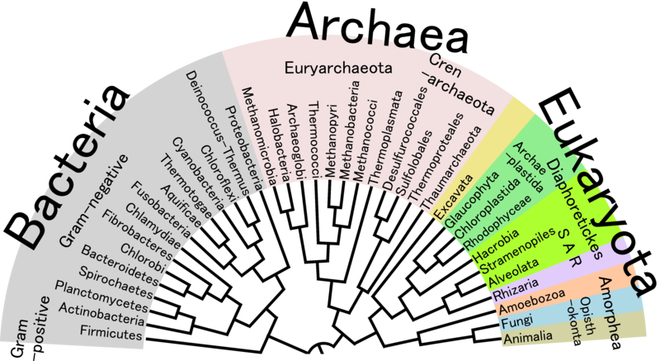Since Charles Darwin's day, biologists have depicted how new organisms evolve from old ones by adding branches to numerous trees that represent portions of the animal, plant and microbial kingdoms. Researchers from a dozen institutions recently completed a three-year effort to combine tens of thousands of trees into one diagram, most readable as a circle (below). The lines inside the circle represent all 2.3 million species that have been named. Biologists have genetic sequences for only about 5 percent of them, however; as more are finished, the relationships within and across groups of species may change. Experts estimate that up to 8.7 million species may inhabit the planet (about 15,000 are discovered every year). “We expect the circle to broaden,” says Karen Cranston, a computational evolutionary biologist at Duke University.
Anyone can propose updates to the database (OpenTreeOfLife.org). Greater detail could improve understanding of evolution and help scientists invent drugs, make crops more productive and better control infectious diseases.
Click or tap to enlarge



